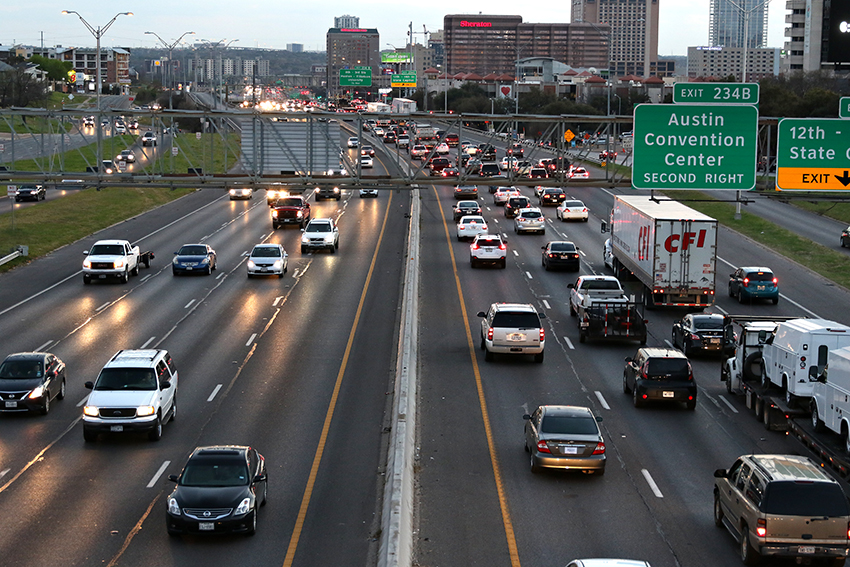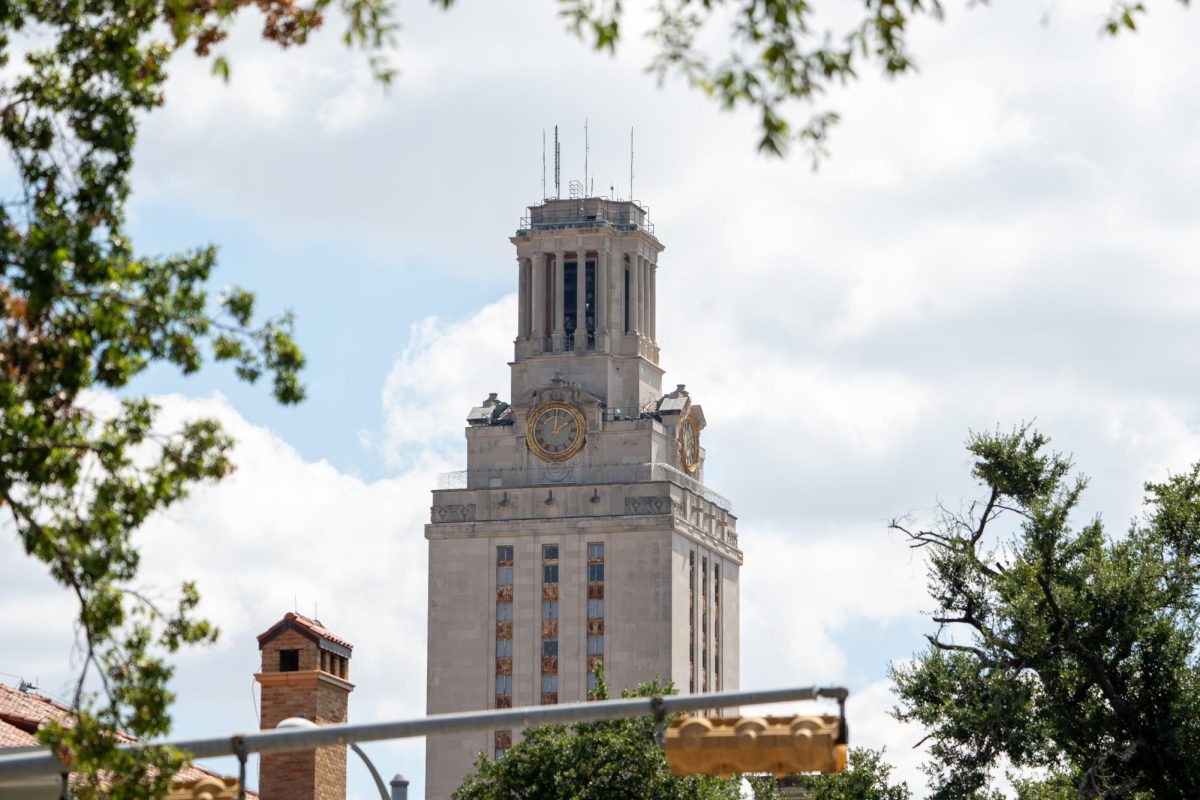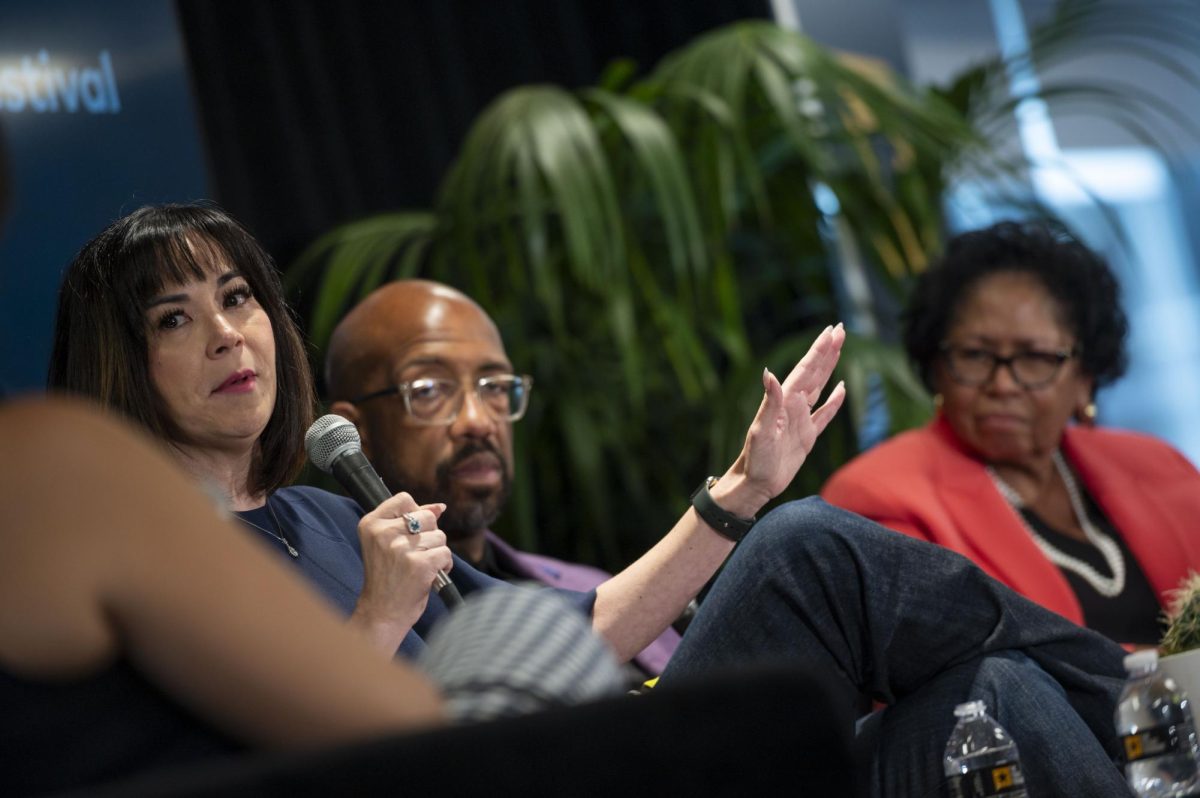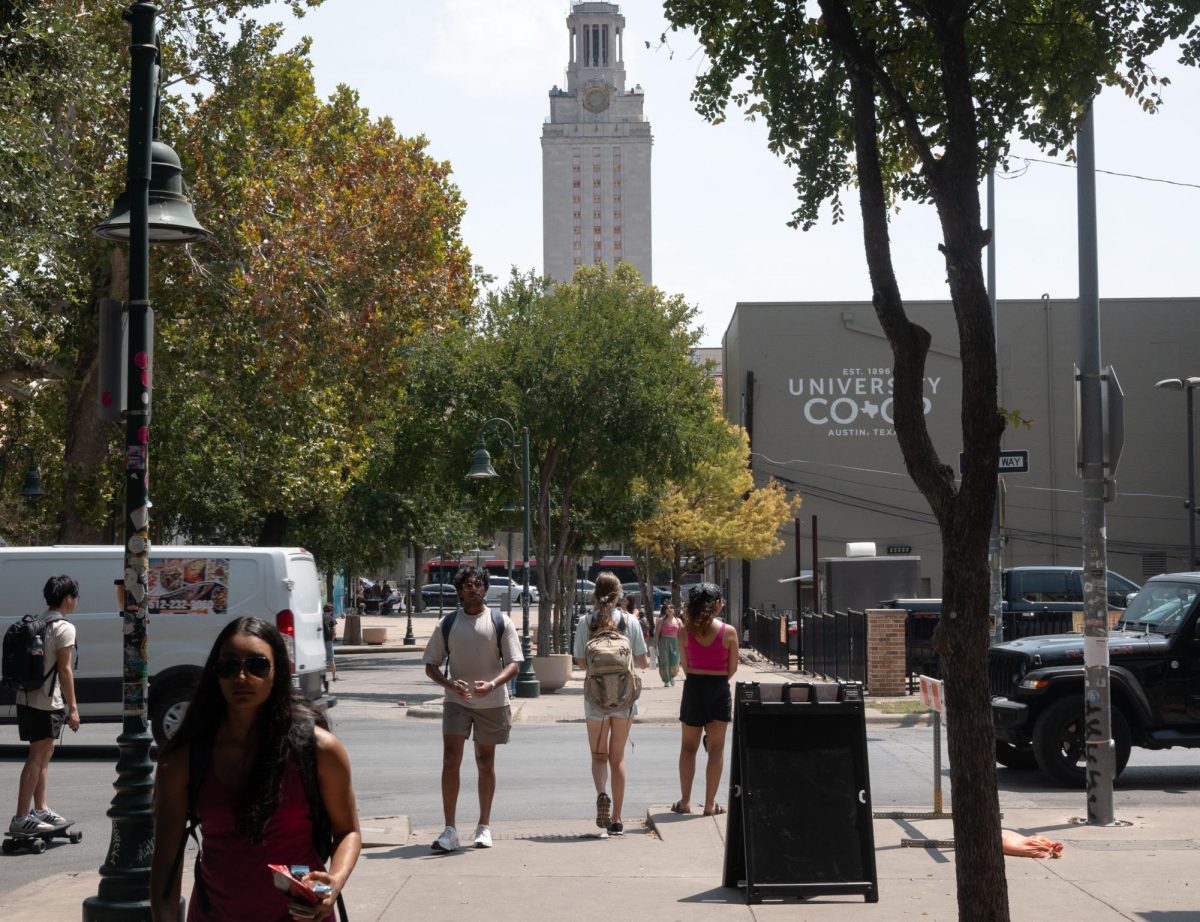Hispanics make up a majority of motor vehicle stops among UT institutions, according to the UT System’s 2017 Racial Profiling Report.
“A lot of (the numbers) depend on the (campuses) that we are engaging,” said Ruben Puente, assistant director of the UT System Police Department. “The Hispanic population in Texas is high, (and) we reflect the level of the activity of the communities that we serve.”
The UT System Police Department’s Annual Contact Report for calendar year 2017 was released this month and compiles data from 14 UT System institutions, including UT-Austin. The UT System is required to obtain data categorized by race, such as the number of motor vehicle stops, the number of detainments in which race and ethnicity were previously known and the number of arrests made during motor vehicle stops, according to the report.
Thirty-nine percent of motor vehicle stops made by UT police agencies involved Hispanic drivers, 36 percent involved Caucasians and 14 percent involved African-Americans. Hispanics made up 45 percent of custody arrests as a result of these stops.
These statistics are consistent with past ones, according to the previous two years’ reports. According to the 2016 Racial Profiling Report, motor-vehicle stops consisted of 41 percent Hispanics, 31 percent Caucasians and 15 percent African-Americans.
“Overall, we’ve found the data to be consistent from year to year, and there are no anomalies that concern us,” Puente said.
The report complies with Texas’ racial profiling law Senate Bill 1074, which was introduced in 2001. The law requires state law enforcement agencies to collect information related to traffic stops, and to record each traffic stop and maintain video or audio for at least 90 days after the stop, according to Texas Legislature Online.
Ranjana Natarajan, UT law clinical professor and director of the Texas Law Civil Rights Clinic, said police footage and available data being readily available to the public can help hold law enforcement accountable.
“We want greater police transparency so that individuals and communities can make sure that police methods and police tactics are appropriate and lawful,” Natarajan said.
The issue of racial profiling is something Mamadou Balde, chemical engineering junior, said he has experienced firsthand.
One night after riding his bike home from the PCL, Balde was stopped by police searching for a black male who stole from 7/11 whose description, they said, matched Balde’s. Balde said an officer placed handcuffs on him while he searched his backpack.
Balde said he does not remember if the officer who stopped him was from the Austin Police Department or the UT Police Department.
“One thing that I was thinking about, (although) I have never done anything that’s supposed to (require) someone to put handcuffs on me, was my life,” Balde said. “If anything happened, I’m the one that’s going to lose it.”
Good police officers do exist, Balde said, but he advises anyone who feels that they are being racially profiled to stay composed.
“One thing I would suggests for anybody that gets in that situation is to calm down, and (take) the Michelle Obama mindset: ‘When they go low, we go high,’” Balde said. “Just try to be smart and act right (and) do better than they do. There are many great cops out there, but for people trying to look for trouble, you don’t have to be trouble (to be profiled).”





















